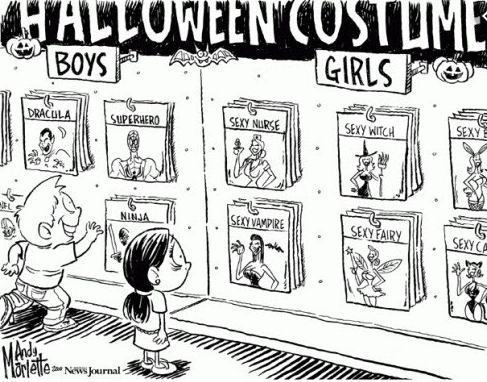I think about one student and situation in particular when I taught 2nd grade in Providence. This was in 2019, I had a little boy student who spent a lot of time with his aunts and uncles, who in reality were only 5 or 6 years older than him. There was a new student who was an adorable girl (we will call her L). She was bubbly, funny, and despite her being unfamiliar with her new school, was quickly making friends with everyone in the class. Now, the little boy was smitten. Students having crushes in second grade was not new (but now looking back now, seems so young to understand those feelings). The boy, who we will call V, wrote a note to L with the intent of winning her over. He wrote one of the most graphic and explicit notes I have ever come across that expressed his "feelings" for her. It quickly was being passed around the hallway at pack up time like wild fire. Ordinarily, I would not be happy that my class was significantly below reading grade level but in this moment I was. I quickly saw the commotion and swooped in, grabbed the note, and interviewed the surrounding students to see if anyone was able to read and understand what he said. If anyone, never-mind a seven year-old, wrote this note I would be shocked and caught off guard. I was confused, shocked, angry and overall sad that this boy not only knew these explicit words and phrases but also knew how to use these explicit words.
The idea that media is sexualizing young kids seems to be a struggle that is affecting the youth at younger and younger ages. In this article, McLaughlin expressed her concerns about the "age compression" (McLaughlin, 2016), where students at younger ages are doing what older children used to do. McLaughlin describes how on the first day of kindergarten she sat next to a student at lunch and that student said that the other table was the popular table because they had nice clothes. When asked how she knew that, she said she learned it from the Disney Channel.
Media, toys, and overexposure to mature topics are maturing the youth at a rapid rate. Students are constantly absorbing information from TV and the internet that teaches them about things they are not emotionally able to understand. Kids today are also robbed of a chance for creativity and imagination. The newest toys they are advertised consist of over-sexualized dolls which perpetuate negative body images and toys with buttons, lights, and sounds that take away the chance to use imagine what that toy could sound like.
McLaughlin was able to adjust her curriculum for her 5-7 year olds to compensate for the age compression she was noticing in her students. She reconnected her class to nature, organized a screen free game night for her school, a toy lending library, and a TV free week. This allowed students to feel bored, which sparks creativity and imagination.



Thank you for sharing. This is scary to think that these students understand these type of words. I agree the media has impacted this behavior. This also comes from observing family members or old siblings that also listen to the media. I remember growing up that the media sexualized young girls but I feel like I was unaware in certain things until now where Im like wow I had no business listening to this kind of music
ReplyDelete